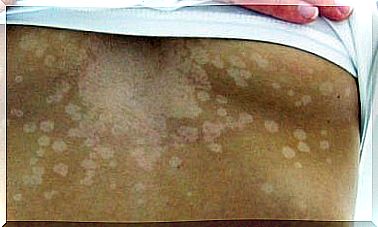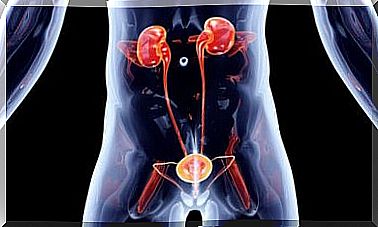Narcissistic Personality Disorder: Causes, Symptoms, Treatment
People with narcissistic personality disorder believe that they are superior to others and have little empathy. In addition, they tolerate little criticism and have difficulties in their relationships with others.

As narcissistic personality disorder (NPS) is defined as a mental disorder that manifests itself by the lack of empathy, egocentricity, the exaggerated desire for recognition and a morbid self-assessment of their own abilities.
Relationships with other people with this disorder are complicated because those affected focus only on themselves and have little interest in what happens to others. You can only accept others if they are worshiped and constantly praised by them.
But behind this mask of extreme self-confidence hides a fragile sense of self -worth that suffers from the smallest criticism and becomes even weaker. A narcissistic personality disorder therefore leads in many cases to depression, unhappiness, dissatisfaction and disappointment, because those affected do not live up to their own expectations.
They also feel dissatisfied in their relationships with others, constantly compare themselves to others and believe that they are never good enough. But how does this disorder develop? And how can you recognize them?
Then learn interesting facts about possible causes, triggers and signs that indicate this mental illness.
Narcissistic personality disorder: causes
As with other mental disorders, there is no specific trigger that causes narcissistic personality disorder. It is usually a combination of various neurobiological, genetic and environmental factors.
The following conditions increase the risk of developing it:
- Bad family relationships, past or present, caused by excessive devotion or criticism
- Changes in cognitive behavior or thoughts
- Family background
- The person is widely praised and revered for their beauty or extraordinary abilities
Narcissistic personality disorder: symptoms
There are a variety of signs that can indicate a narcissistic personality disorder. The intensity of these symptoms can also vary. Those affected are often very vain and conceited, they exaggerate their outstanding abilities and look down on others as inferior and inferior.
Other signs of this mental disorder include:
- Exaggerated prepotency
- The need to be continuously admired and praised
- The need to recognize one’s own superiority, even if there are no corresponding successes that could justify this need
- The exaggerated portrayal of one’s own successes and talents
- Fantasy ideas about success, power and the perfect partner
- Feeling superior to others and highlighting this in continuous comparisons
- The feeling that you can only build relationships with equal, very special people who are at the same level
- Monopolizing conversation and contempt and disdain for others
- The expectation of being given preferential treatment by others
- Use others for your own benefit
- Lack of empathy
- Envy and the feeling of being envied by others
- Arrogant, conceited behavior
- The desire to always have the best of everything

A person with a narcissistic disorder is difficult to take criticism and cannot cope normally with situations where they face opposing opinions. In these cases she can react as follows:
- Impatience and anger
- Difficulties with social relationships
- Contempt and abuse of others to show one’s superiority
- Lack of control over behavior and emotions
- Depression as it has not reached its perfection
- Feelings of insecurity, shame, and humiliation
- Inability to cope with stress and adapt to change
Narcissistic personality disorder: diagnosis
Diagnosis is usually complicated. Many symptoms are similar to other personality disorders, and different disorders can actually be present at the same time.
The Diagnostic and Statistical Manual of Mental Disorders, which is used to classify psychiatric diseases, is used to diagnose this disease. A physical examination and an intensive psychological evaluation then enable the diagnosis.
Treatment for this personality disorder

It is very difficult to get a person with this disorder to consent to treatment. Her self-centered behavior does not allow her to accept her problem and she also does not understand what this help should look like.
With a diagnosis and approval of therapy, the specialist usually recommends several sessions of cognitive behavior therapy. The purpose of this is to:
- The patient has to learn to deal better with his fellow human beings.
- He should understand the causes of his behavior.
- The sufferer needs help in building healthy personal relationships.
- He needs to improve his team skills.
- He also has to learn to recognize and accept his true abilities. Because in this way he can also accept criticism of himself and his own failure.
- He needs to learn to better control his emotions.
- In addition, he must rid himself of the desire to achieve unattainable goals.
- In addition, the person affected must improve their self-esteem.
- Of course, he also has to learn to control stress.
Medication
There are no specific medicines that could be used to treat Narcissistic Personality Disorder. However, Ansiolitika or antidepressants are sometimes administered to combat nervousness and depression.
Finally, we would like to mention that this condition can improve or worsen over the years. If the sufferer learns to build healthy personal relationships, they have a better chance of improving their situation. Of course, the appropriate therapy is also essential to achieve this.









